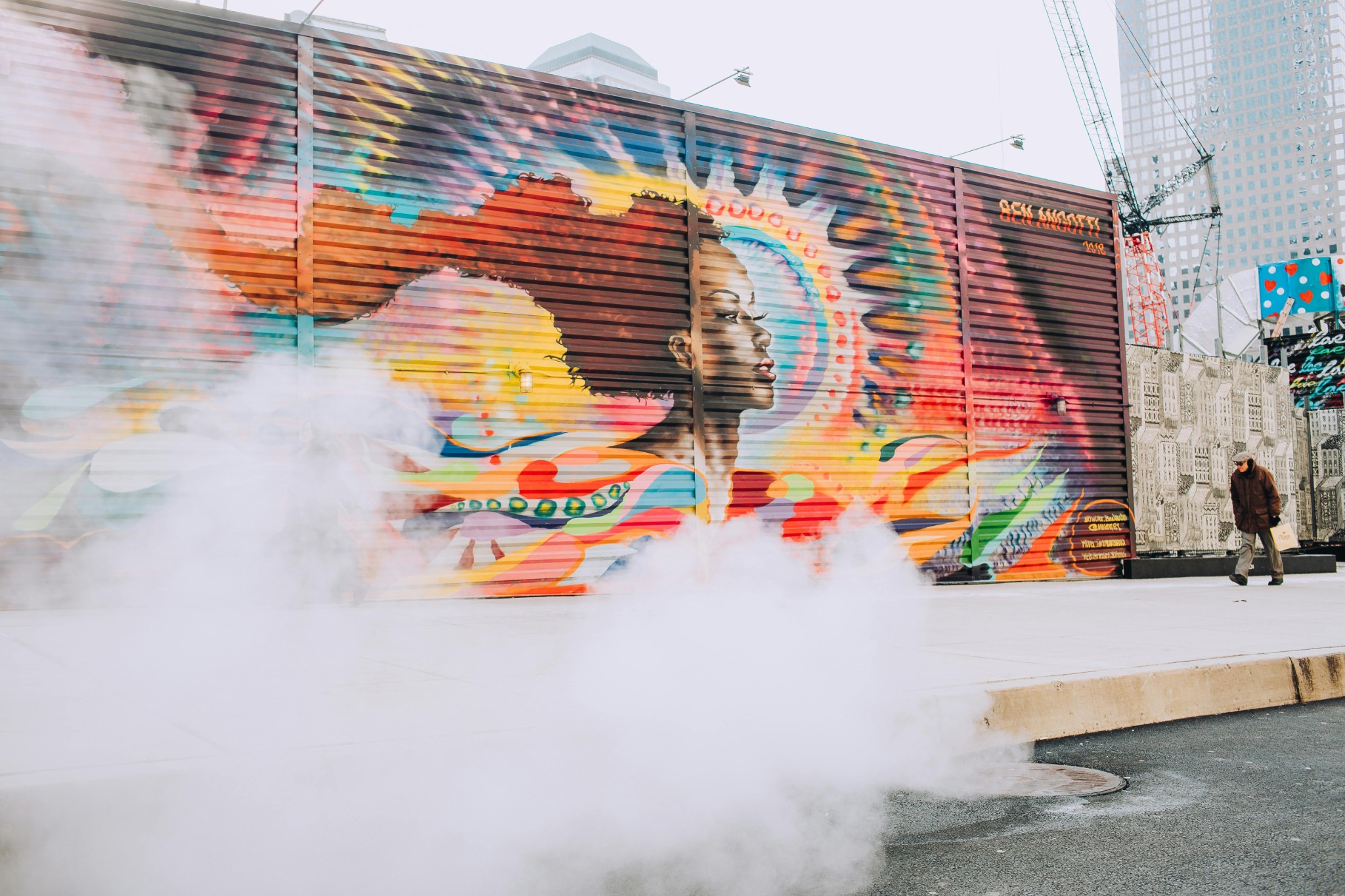
Ruin Theory: Stairs Back Home
To exist is to be in a constant state of negotiation—between control and chaos, knowing and unknowing, presence and erasure. We walk this razor’s edge daily, often without realizing it, until something forces us to stop, to examine the cracks beneath our feet. Lately, that something has been House, M.D.—a show I approached as entertainment but left as an unsettling mirror, reflecting the brittle contradictions of human existence.
Dr. House doesn’t simply diagnose diseases; he dissects lives. His patients are more than cases—they are questions, paradoxes wrapped in flesh. There is the father, breaking under the weight of responsibility, his suffering woven so seamlessly into routine that even he no longer recognizes it. The mother, who has spent decades offering pieces of herself to others until she is hollow, her exhaustion dismissed as devotion. The student, brilliant and full of promise, cut down by an indifferent twist of biology—because life does not barter with fairness.
In them, I see us all. The way we construct our identities around expectations, the way we perform normalcy even as something inside us fractures. And I wonder—how much of who we are is built from choice, and how much is simply the residue of what has happened to us?
Self-awareness is a double-edged gift. It lets us name our patterns, but it also makes us painfully aware of how little control we have. The more I observe, the more I realize that existence is not a singular truth but a constant unraveling, a perpetual state of becoming. There is no fixed self—only layers, stories we tell ourselves, beliefs absorbed over time. But how often do we pause to ask: Whose voice is shaping this story? And do I
even recognize it as my own?
This is where I stand now—in the uncomfortable terrain of unlearning. I am peeling back the layers, testing the foundation, asking the hard questions: What assumptions govern my thinking? Which truths have I mistaken for inevitabilities? And most terrifyingly—what happens when I no longer believe the things that once defined me?
To unlearn is to dismantle, to sit with uncertainty, to resist the instinct to rebuild too quickly. Nietzsche called it staring into the abyss. I call it necessary destruction. Because if we cling too tightly to old narratives, we risk becoming stagnant, mistaking familiarity for truth.
Growth is not found in comfort. It is found in the willingness to let go, to exist in free fall, to trust that what remains after the collapse is something closer to who we were always meant to be.
I think about this when I watch House—the way he refuses simple answers, the way he strips every case down to its rawest form. Beneath the sarcasm and detachment, there is something relentless in him. Not just a doctor, but a seeker. A man who understands that to heal, one must first uncover the real wound.
And perhaps that is the real lesson—both in medicine and in life. To diagnose ourselves without sentimentality. To cut through illusion, even when it hurts. To resist the easy narratives, the comfortable lies.
There is no finish line in this work. No final revelation that makes it all clear. Awareness is not a conclusion but an invitation—to keep asking, to keep seeking, to keep excavating the layers of who we are.
And so, this is not an ending. It is a beginning. A reckoning. A challenge.
To exist is to question. To endure is to evolve. And to be aware—truly aware—is to hold the weight of our own fragility without letting it break us.
Fin.
Post a comment